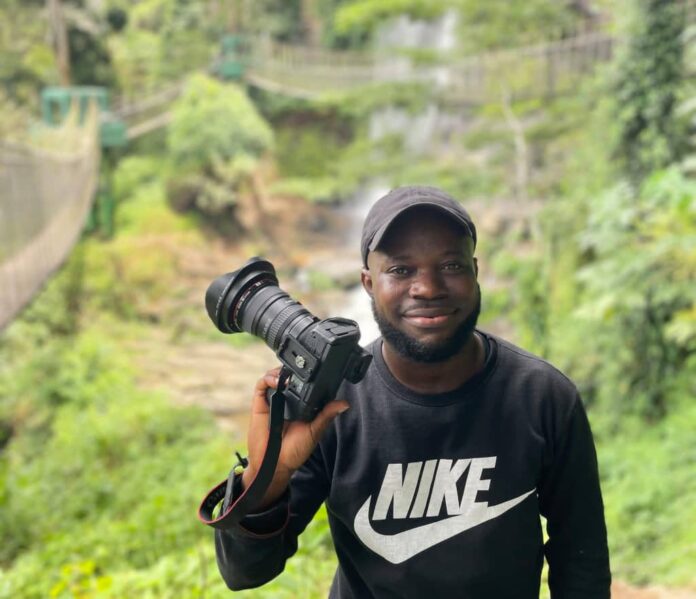Digital technology has changed the world of photography, empowering photographers to push creative boundaries and connect with a global audience.
Equipped with digital cameras, advanced editing tools, and online platforms, photographers can now effortlessly showcase their work, fostering international collaborations and travel opportunities.
This digital transformation has transformed photography into a universally accessible art form, transcending geographical limitations and unlocking new avenues for creative expression.
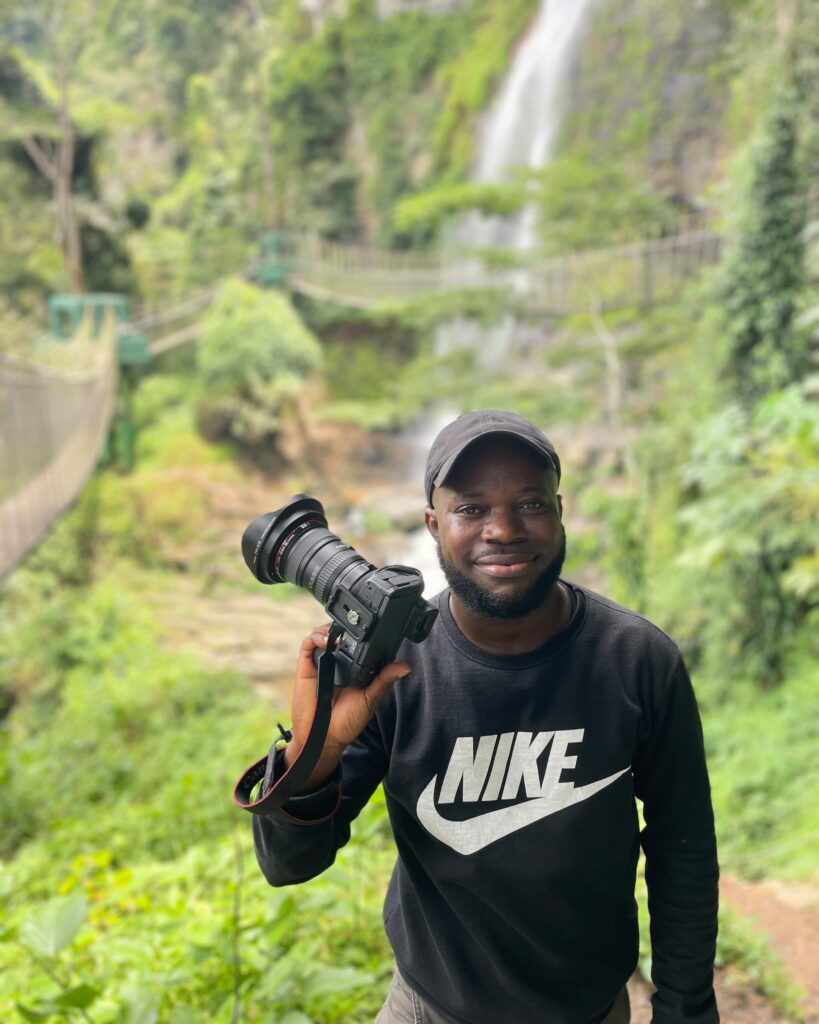
Paul Addo who is a talented documentary photographer based in Accra is making a name for himself in a global stage with his breathtaking images that capture the beauty of Africa, its landscapes, and heritage.
With half a decade of experience, Addo has emerged as a passionate advocate for African stories told through authentic, vibrant imagery while traveling the world.
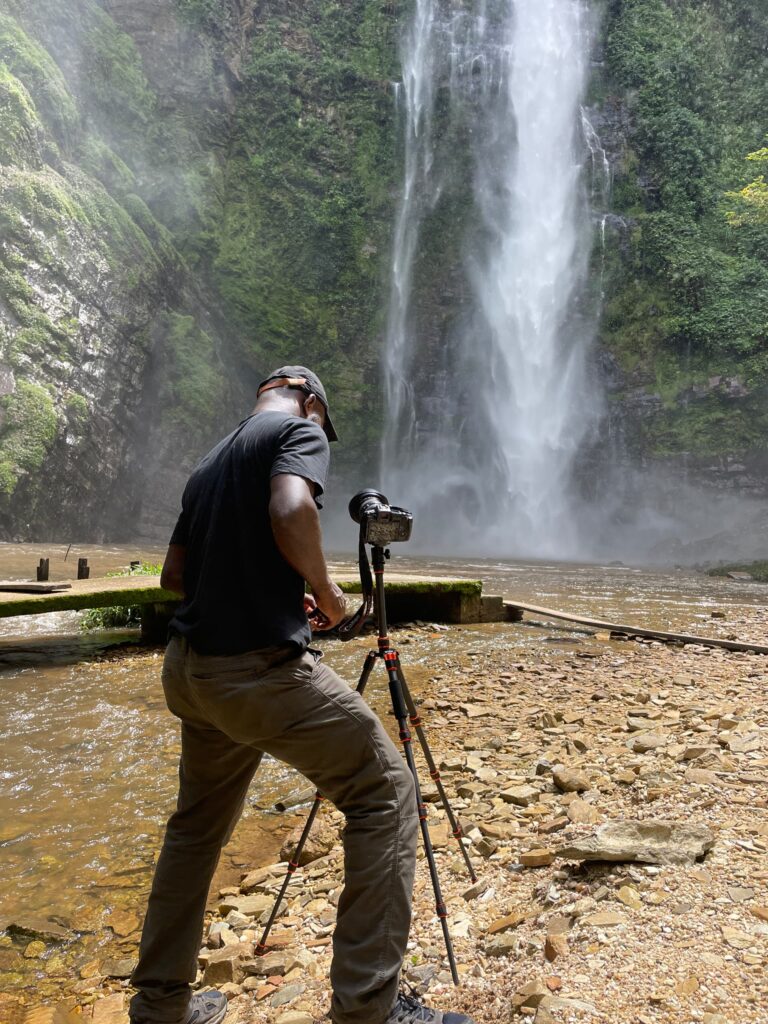
In an exclusive sit-down with Abigail Grit of Ghanaian American Journal, Paul Addo shared his fascinating journey of capturing time and preserving history.
GAJ: When did you take the decision to become a Photographer and how long now?
PAUL: Before I started learning photography seriously in 2017, I worked for an entertainment website where I managed social media and updated content. That was my first experience working with images, where I learned the difference between high-resolution and low-resolution photos. I became curious about how these images were taken. When I came across similar work by Ghanaian photographer Yaw Pare on Facebook, I contacted him to learn more about photography. I began training under him.
GAJ: Was there a spark of passion for Photography when growing up?
PAUL: Growing up as a young boy from Abuenu, a small village in the Abura Asebu Kwamankese District in the Central Region, I studied Business in high school with the dream of becoming a banker. I fell in love with photography in my late 20s.
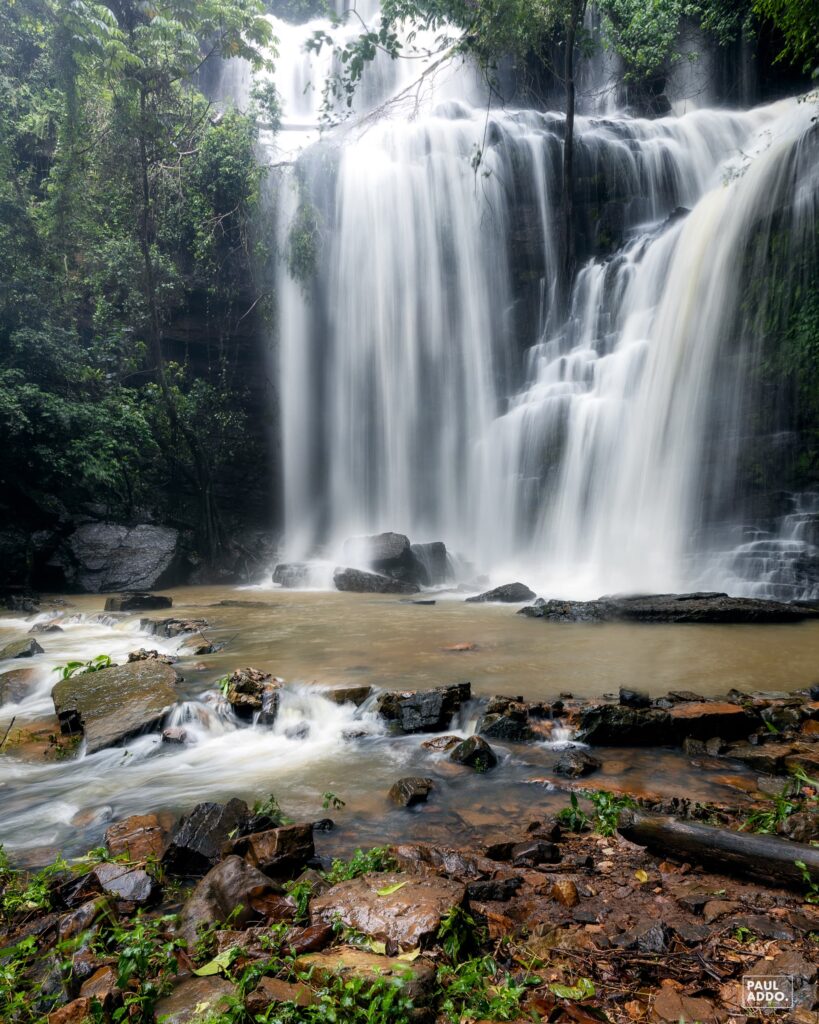
GAJ: What are some of the major challenges you faced when you first started?
PAUL: Equipment! Photography is an expensive profession, and I had no idea about the cost of cameras, lenses, lights, and other gear needed to work effectively. My mentor gave me a Canon 600D to start with, and that became my first camera. When I wanted to upgrade, it was financially challenging. I saved up for a long time, but it still wasn’t enough to buy the 5D Mark II, the camera I was aiming for at the time.
GAJ: And what is that one thing that kept you motivated?
PAUL: Photography captivated me completely. Whenever I sit behind my computer and review my work, quitting never crosses my mind. The passion for what I create keeps me motivated.
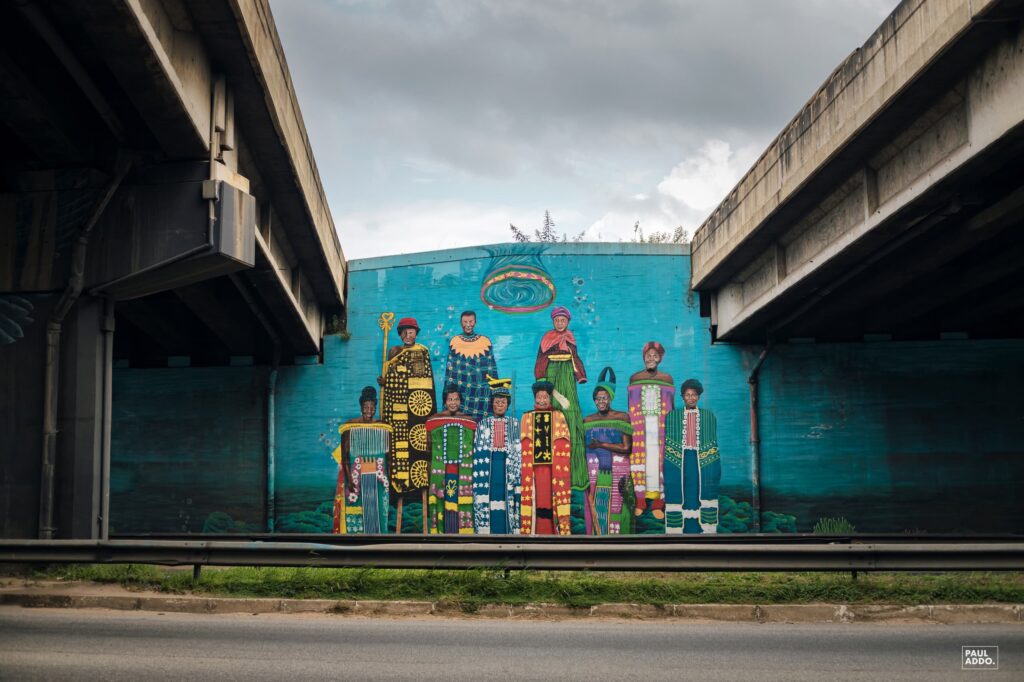
GAJ: What are some of your most recent achievements or projects?
PAUL: Last year, I photographed for ‘AP Valletta,’ an architectural agency based in Malta, for their project and book, Valletta Accra. The project is a dialogue between Accra and Valletta, two mercantile cities with many similarities. I captured images of historical buildings in the Jamestown and High Street areas for the book, which is now available in bookstores.
During the Olympics in Paris, I had the opportunity to photograph at the Olympic Station Afrique in Île Saint-Denis.
I recently completed a book project titled The Royal Union, which will be out soon. This book focuses on Otumfuo Osei Tutu II, Asantehene’s historical visit to the Ga State.
GAJ: Aside from Photography, what are your other interests? For instance, your hobbies or anything else you enjoy doing?
PAUL: I love traveling; it feels like therapy for me. Every time I leave my apartment in Accra to explore other parts of the country, it’s always a refreshing experience. Even though I usually end up taking pictures. I also enjoy listening to the radio and music. Recently, I’ve been experimenting with cooking, so don’t be surprised if you see ‘Paul Addo Kitchen’ on the streets of Accra. (Smiles)
GAJ: In the next 6 years, where do see your brand? What impacts will you like to make in society?
PAUL: In the next six years, I hope to see my work featured on prominent stages. My goal is to showcase our festivals, lush landscapes, people, and food through exhibitions and books on a global platform.
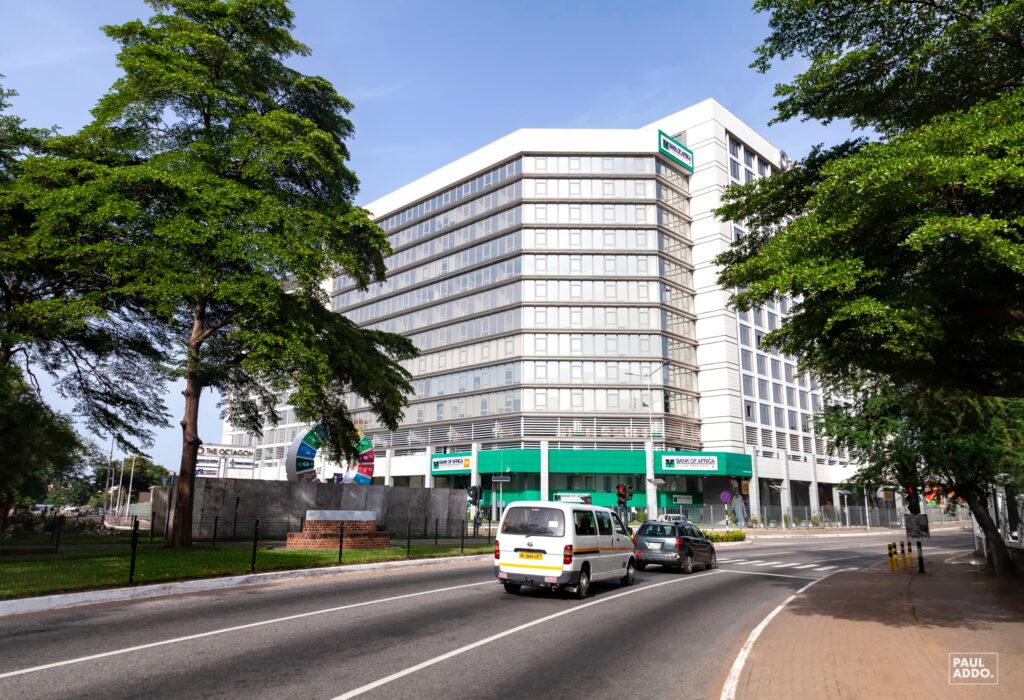
GAJ: What advice would you give to young people who would want to create a job opportunity for themselves?
PAUL: Photography is a beautiful and captivating profession that can sometimes make you focus solely on the technical aspects and neglect the business side. While you’re learning the art of capturing great images, don’t forget to also pay attention to the business aspects of photography.
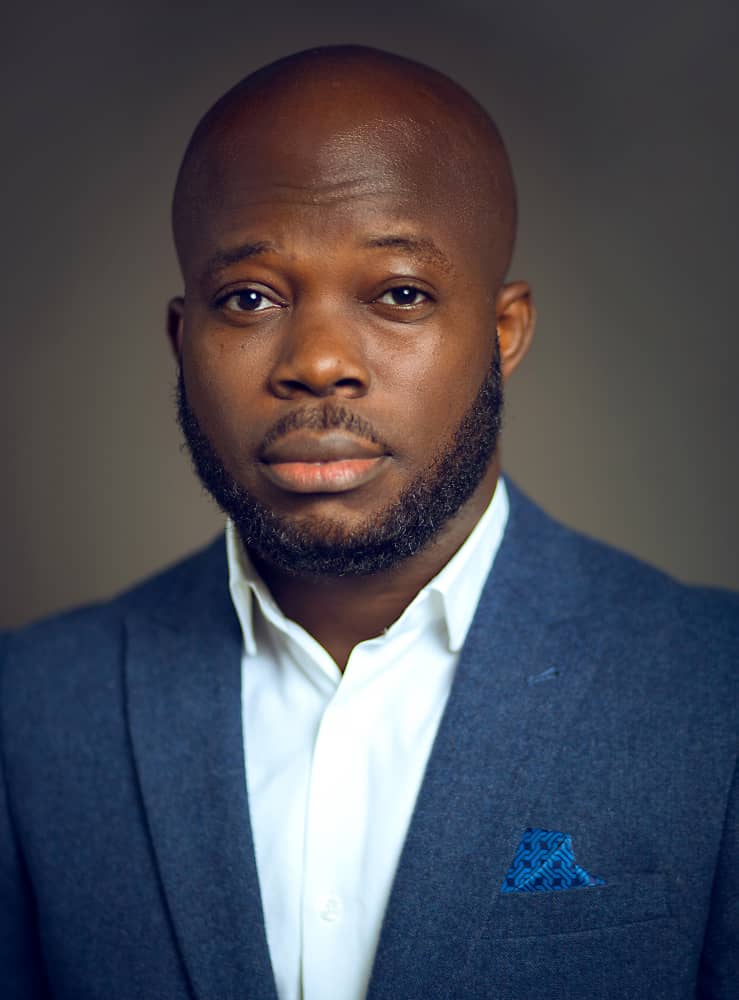
GAJ: Any final words?
PAUL: Photography in our region began only a few decades ago, most of the images were captured by foreign photographers with different perspectives on Ghana and Africa. Now is the time for us to shape the narrative through authentic photographs that tell a true and beautiful story about Ghana and Africa as a whole.
Kindly follow Paul Addo’s story on:
www.pauladdo.com
Facebook: Paul Addo
LinkedIn: Paul Addo
Email: pauladdophotography@gmail.com


